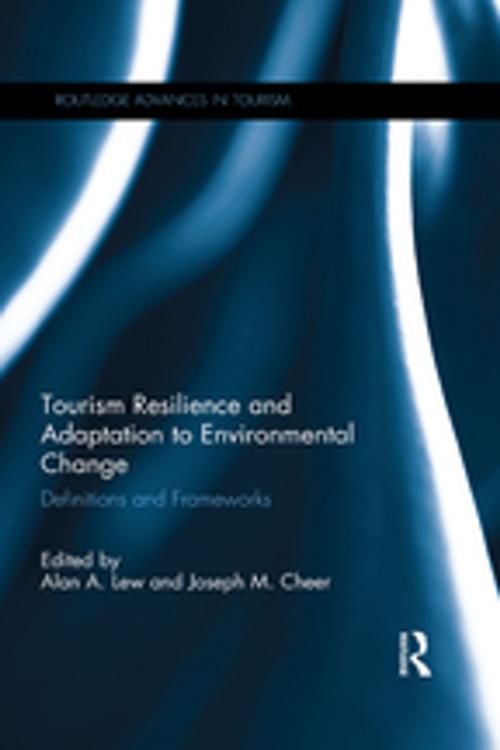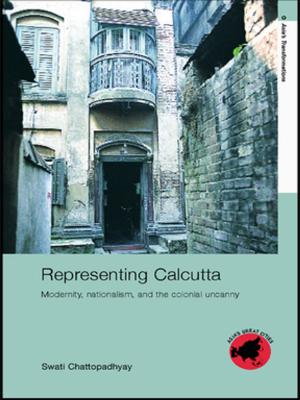Tourism Resilience and Adaptation to Environmental Change
Definitions and Frameworks
Nonfiction, Travel| Author: | ISBN: | 9781315463957 | |
| Publisher: | Taylor and Francis | Publication: | July 31, 2017 |
| Imprint: | Routledge | Language: | English |
| Author: | |
| ISBN: | 9781315463957 |
| Publisher: | Taylor and Francis |
| Publication: | July 31, 2017 |
| Imprint: | Routledge |
| Language: | English |
In recent years, resilience theory has come to occupy the core of our understanding and management of the adaptive capacity of people and places in complex social and environmental systems. Despite this, tourism scholars have been slow to adopt resilience concepts, at a time when the emergence of new frameworks and applications is pressing.
Drawing on original empirical and theoretical insights in resilience thinking, this book explores how tourism communities and economies respond to environmental changes, both fast (natural hazard disasters) and slow (incremental shifts). It explores how tourism places adapt, change, and sometimes transform (or not) in relation to their environmental context, with an awareness of intersection with societal dynamics and links to political, economic and social drivers of change. Contributions draw on empirical research conducted in a range of international settings, including indigenous communities, to explore the complexity and gradations of environmental change encounters and resilience planning responses in a range of tourism contexts.
As the first book to specifically focus on environmental change from a resilience perspective, this timely and original work makes a critical contribution to tourism studies, tourism management and environmental geography, as well as environmental sciences and development studies.
In recent years, resilience theory has come to occupy the core of our understanding and management of the adaptive capacity of people and places in complex social and environmental systems. Despite this, tourism scholars have been slow to adopt resilience concepts, at a time when the emergence of new frameworks and applications is pressing.
Drawing on original empirical and theoretical insights in resilience thinking, this book explores how tourism communities and economies respond to environmental changes, both fast (natural hazard disasters) and slow (incremental shifts). It explores how tourism places adapt, change, and sometimes transform (or not) in relation to their environmental context, with an awareness of intersection with societal dynamics and links to political, economic and social drivers of change. Contributions draw on empirical research conducted in a range of international settings, including indigenous communities, to explore the complexity and gradations of environmental change encounters and resilience planning responses in a range of tourism contexts.
As the first book to specifically focus on environmental change from a resilience perspective, this timely and original work makes a critical contribution to tourism studies, tourism management and environmental geography, as well as environmental sciences and development studies.















